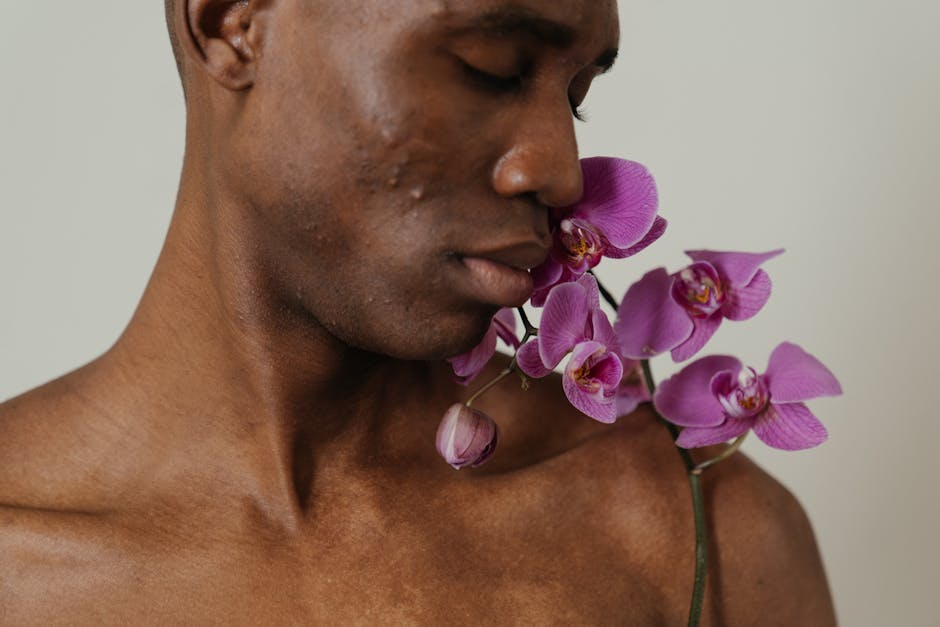Acne is a common skin condition that affects people of all ages. It can be frustrating and embarrassing, but there are many effective treatments available. In this blog post, we will discuss the different types of acne, the causes, and the best ways to cure it.
**Types of Acne**
There are many different types of acne, but the most common are:
* **Whiteheads:** These are small, closed pores that are filled with sebum and dead skin cells.
* **Blackheads:** These are similar to whiteheads, but they are open and the sebum and dead skin cells have oxidized, turning them black.
* **Papules:** These are small, red bumps that are caused by inflammation.
* **Pustules:** These are papules that have filled with pus.
* **Nodules:** These are large, painful bumps that are deep in the skin.
* **Cysts:** These are large, pus-filled bumps that can cause scarring.
**Causes of Acne**
Acne is caused by a combination of factors, including:
* **Hormones:** Androgens, which are hormones that are produced during puberty, can cause the sebaceous glands to produce more sebum.
* **Bacteria:** The bacteria Propionibacterium acnes (P. acnes) lives on the skin and can cause inflammation when it gets into the pores.
* **Diet:** Eating a diet that is high in sugar and processed foods can worsen acne.
* **Stress:** Stress can trigger the release of hormones that can lead to acne.
**Treatments for Acne**
There are many different treatments available for acne, including:
* **Over-the-counter treatments:** These treatments are available without a prescription and can be effective for mild acne. They typically contain ingredients such as benzoyl peroxide, salicylic acid, or retinoids.
* **Prescription treatments:** These treatments are available with a prescription from a doctor and are usually more effective than over-the-counter treatments. They may contain ingredients such as antibiotics, retinoids, or isotretinoin.
* **Lifestyle changes:** Making some lifestyle changes, such as eating a healthy diet, getting regular exercise, and managing stress, can help to improve acne.
**How to Prevent Acne**
There are a few things you can do to help prevent acne, including:
* **Wash your face twice a day:** Use a gentle cleanser and lukewarm water to wash your face twice a day. Avoid using harsh soaps or scrubs, as these can irritate the skin and worsen acne.
* **Exfoliate your skin regularly:** Exfoliating your skin helps to remove dead skin cells and prevent pores from becoming clogged. You can exfoliate your skin with a gentle scrub or a chemical exfoliator.
* **Use non-comedogenic products:** Non-comedogenic products are designed not to clog pores. Look for this label on makeup, sunscreen, and other skin care products.
* **Avoid touching your face:** Touching your face can transfer bacteria to your skin and cause acne.
* **Eat a healthy diet:** Eating a healthy diet that is low in sugar and processed foods can help to improve acne.
* **Get regular exercise:** Regular exercise can help to reduce stress and improve overall health, which can both help to improve acne.
* **Manage stress:** Stress can trigger the release of hormones that can lead to acne. Find healthy ways to manage stress, such as exercise, yoga, or meditation.
**Conclusion**
Acne is a common skin condition that can be frustrating and embarrassing. However, there are many effective treatments available. By following the tips in this blog post, you can help to clear your skin and prevent future breakouts.

